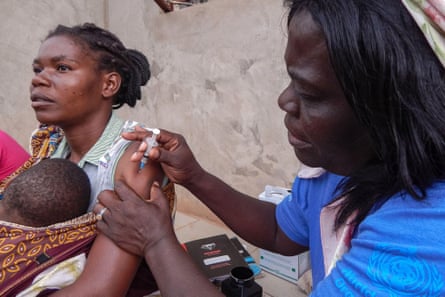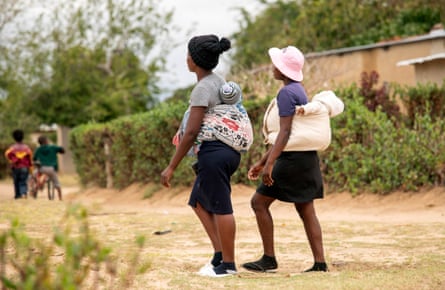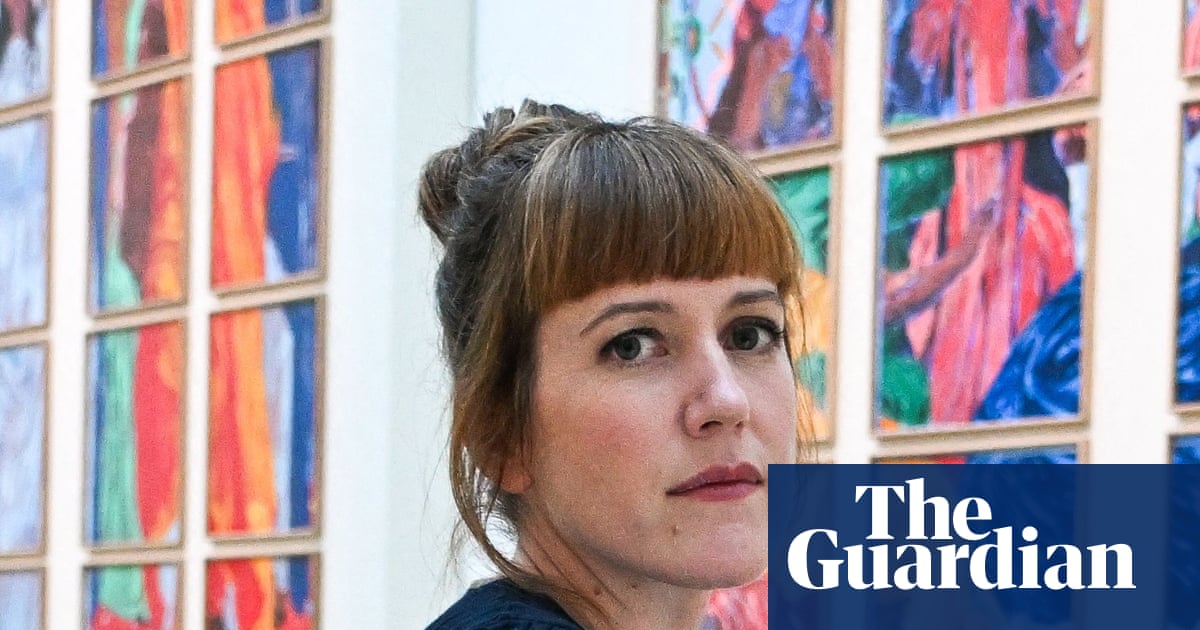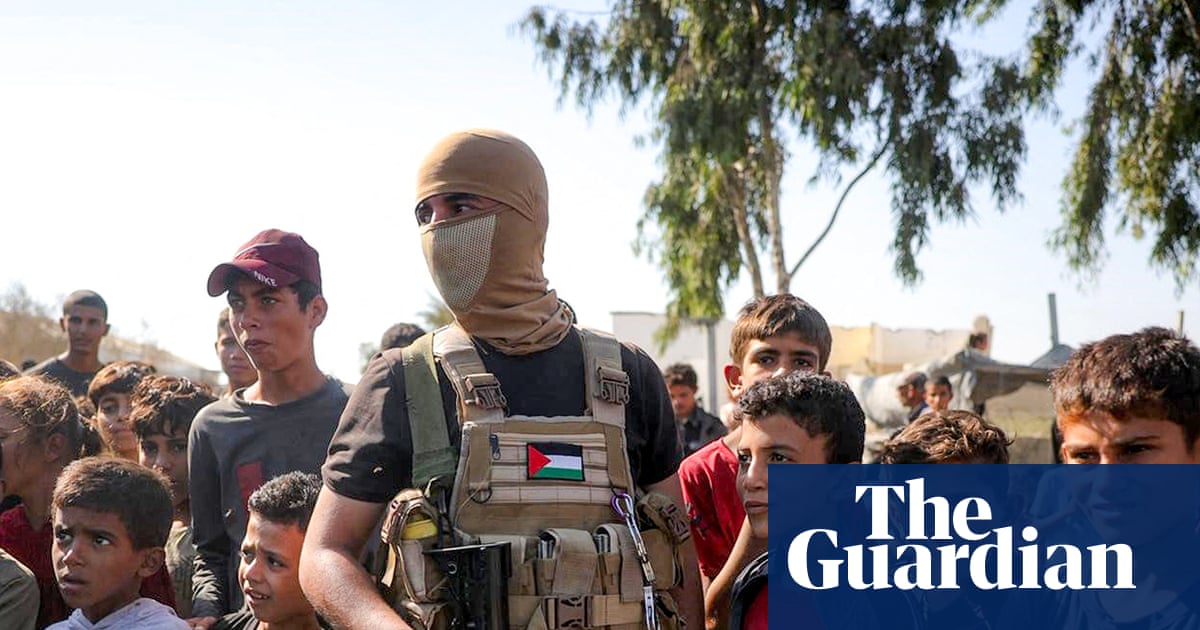African governments are boosting funding for family planning programmes as cuts in foreign aid threaten decades of reproductive health progress and access to birth control for millions of women and girls.
Zambia, Zimbabwe and the Democratic Republic of the Congo (DRC) are the latest countries to announce increased budgets for family planning supplies and services.
More than 80% of donor funding for family planning comes from countries that have announced aid cuts, according to a report released last week by the global partnership FP2030.
The US was the biggest donor, accounting for 41% of the total between 2020 and 2024. The fall in aid has led to the closure of maternal and reproductive health services, with devastating consequences in countries that relied heavily on USAID. In September, the Guardian reported the death of a mother and her baby in Yemen after she was turned away by her nearest hospital, which had lost the support of UNFPA, paid for by USAID.
In low- and middle-income countries, 78 million women and girls who want to avoid pregnancy do not have access to contraception, according to the Guttmacher Institute. Its Adding It Up report, also published last week, said $14bn (£11bn) is needed to meet all needs for contraceptive services in these countries.

“Funding cuts have exposed the fragility of the donor-dependent health systems,” said FP2030 executive director, Samukeliso Dube. “Sustainable domestic financing is key to the way forward. We must redouble our efforts as a sector to centre country-led strategy and protect progress made. [These cuts] cannot define the next chapter of our movement.
“The energy we once felt feels like urgency. Women can’t wait, the world can’t wait. Let’s be bold once again,” she told the International Conference on Family Planning in Bogotá, Colombia, last week.
Addressing the conference, Zambia’s minister of health, Elijah Julaki Muchima, announced an increase in family planning funding from $4.5m (£3.4m) in 2025 to $7.5m (£5.7m) in 2026. “Today, we take a historic step in cementing Zambia’s commitment. It is the single most strategic investment in our nation’s human capital. This is not just a programme, it is a service to the country.”
Muchima said that since 2022, when the government began its family planning programme, maternal mortality had fallen from 252 for every 100,000 live births to 187 per 100,000 in 2024. Neonatal mortality rates have also dropped. The programme has paid for 20,000 new healthcare workers, most of them midwives.
“We are discouraging child marriage and adolescent pregnancy. We want to keep the girl child in school – and to complete university, then encourage family planning, so if a woman falls pregnant it is a precious pregnancy. Every pregnancy that occurs [in Zambia] must be wanted,” he said.

Zimbabwe’s minister of health and childcare, Douglas Mombeshora, said his government will spend an additional $2.25m (£1.7m) a year on contraceptives in 2026 and 2027. “Historically, Zimbabwe has received almost 39% of its resource needs [from aid and donor funding] but we have seen donor fatigue in recent years. We still value these partnerships but, realising the gap created by reduced funding, Zimbabwe took steps.”
The Zimbawean government expects to raise an extra $2m (£1.5m) annually through taxes on products such as alcohol and tobacco to strengthen family planning services. Five per cent of a new levy on data and airtime will also go towards the programme.
The DRC is moving from no budget for contraceptives to $5m (£3.8m) a year over the next four years. Micheline Ombae Kalama, minister of gender, family and children, said conflict, displacement and social norms make contraceptive provision in the DRC particularly challenging. “There is a very high level of unmet need for young people.”
UNFPA, which matches funding with $2 worth of supplies for every $1 invested by a government, has signed agreements with 44 countries, up from eight in 2022; 35 of those are in Africa.
“These new commitments reflect a powerful shift from dependency to ownership. Sustainable financing means countries taking charge of their own destiny, building systems that last,” said Diene Keita, the new head of UNFPA.
The US government is negotiating new bilateral aid agreements in line with its America First Global Health Strategy. The talks are taking place with ministers of foreign affairs or finance, without any input from NGOs.

 2 months ago
75
2 months ago
75

















































